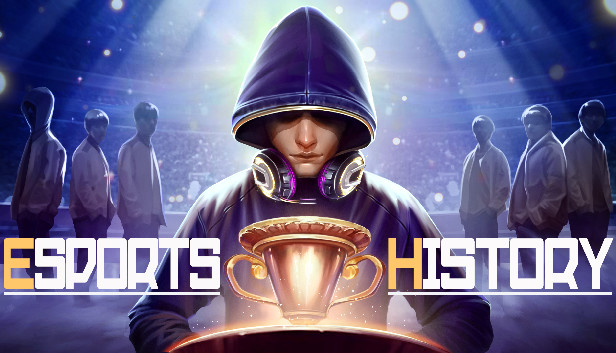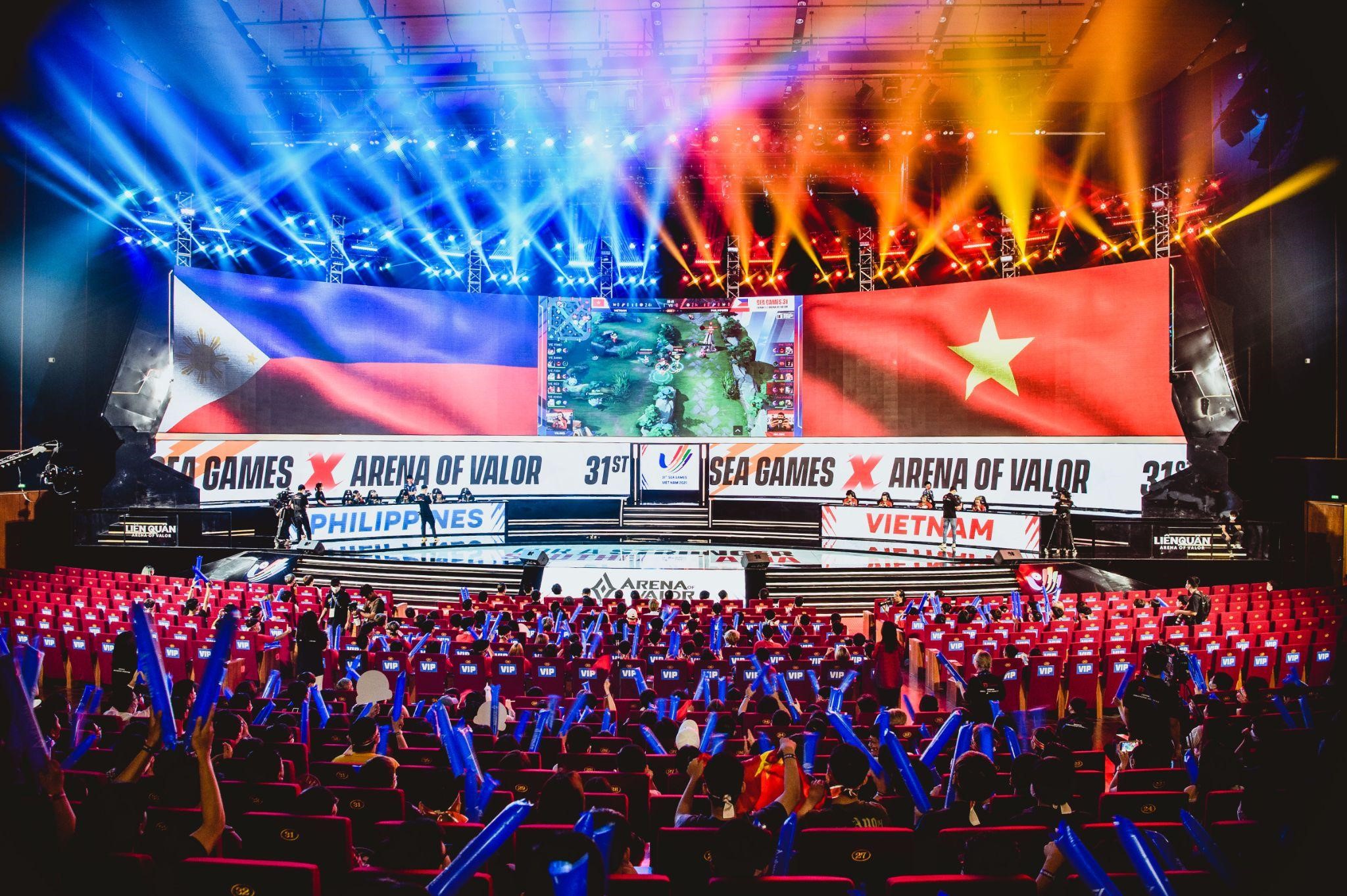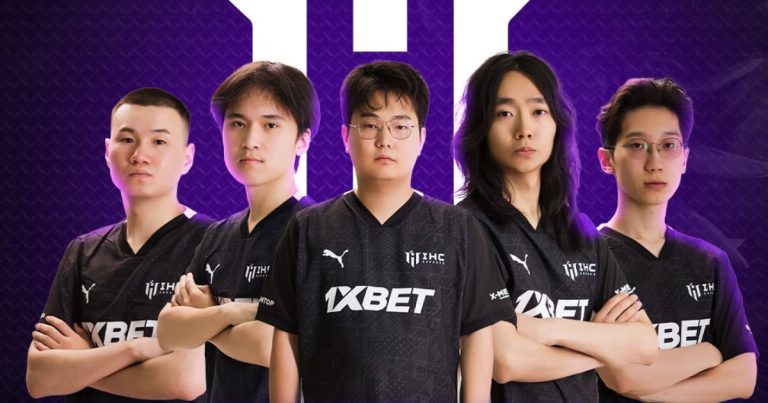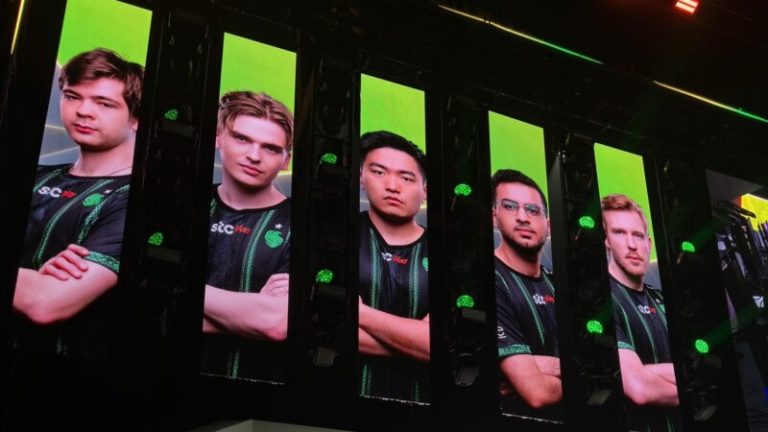eSports Explained: Background, Dominant Squads, Income and Hazards

Esports, an arena known for its varied nomenclature like eSports, e-Sports, egames, or electronic sports, represents a domain of competitive video gaming organized in a structured tournament format. 24hscore mirrors traditional sports in its essence, fostering intense competition among teams striving for supremacy and lucrative rewards in their chosen games. Much like conventional sports, the realm of esports witnesses skilled individuals consistently striving for excellence and top rankings within their gaming arenas.
The Rise of Competitive Gaming: A History of Esports
The emergence of esports mirrors a contemporary gold rush, marking a significant evolution from mere gaming pastime to a structured professional sport. Originating in the 1990s, this competitive realm, known as eSports, has burgeoned into a burgeoning industry poised to breach the $1 billion mark. Its grandeur is underscored by live championships watched fervently by millions, with prospects of Olympic inclusion on the horizon.
The industry’s exponential growth manifests as a modern-day equivalent of the gold rush. Esteemed media networks like ESPN, TBS, SyFy, and Telemundo beam esports events to audiences. Notably, established sports leagues such as the NHL and NBA have launched dedicated tournaments, while owners of NFL and NBA teams have secured stakes in esports entities.
Across the U.S., academia embraces this trend with over 600 colleges and universities endorsing varsity esports programs and scholarships. This year, the partnership announced by PlayVS promises to extend esports to 19,500 high schools. The figures unequivocally affirm the enduring presence of esports in contemporary culture.

Unveiling the Allure of eSports
The allure of eSports springs from gamers’ fervent desire for competition and the pursuit of excellence. Since the inaugural eSports event in 1972, where the prize was a year’s subscription to Rolling Stone magazine, the drive to triumph has remained intrinsic to gaming.
Accessibility further defines eSports. Unlike traditional sports that demand physical proximity, gaming transcends boundaries. It facilitates global connectivity, allowing individuals worldwide to engage instantly through an internet connection from the comfort of their homes.
Streaming, exemplified by platforms like Twitch, contributes significantly to eSports’ popularity. Twitch, under Amazon’s ownership, recorded a staggering 15 million daily visitors in 2017, witnessing an astounding 355 billion minutes of viewership. Today’s gaming culture is as much about playing as it is about observing others’ gameplay. Internal surveys demonstrate that the average gaming enthusiast spends 25 hours per week gaming and an equivalent duration indulging in activities such as streaming content.
Esports holds a tantalizing promise—the aspiration to turn professional. With 83% of teenage girls and 95% of teenage boys engaging regularly in video games, the prospect of a career as a professional gamer stands out. It presents an enticing alternative to traditional professions like accounting, law, or sales, attracting millions into a fiercely competitive arena where a limited number of spots are sought by hundreds of millions of gamers.

The Elite Esports and Their Standout Dominance
In the realm of esports, team-based games claim the spotlight, although individual contests like FIFA and Starcraft, albeit existent, aren’t on par in scale. Fortnite, although seemingly individual, involves playing with 99 other participants, warranting its inclusion.
The esports domain boasts numerous popular games based on prize money, participation, and viewership:
- DOTA 2: Surpassing 15 million peak viewership, 59 active teams, with a championship prize fund soaring at $35 million.
- Fortnite: Sporting a $30 million prize pool, engaging 40 million competitors, and captivating 2 million viewers.
- League of Legends: Host to 24 teams, peaking at 44 million viewers, with a prize pot of $7 million.
- CS:GO: Fielding over 40 teams, with a championship purse of $1 million and an audience of 1.2 million.
- Overwatch: Comprising 20 teams, securing a $5 million reward and attracting 300k viewers.
- PUBG: Offering a $2 million prize, encompassing 20 teams, and drawing 800k viewers.
Determining the foremost esports teams worldwide proves challenging, especially when some operate under broader corporate umbrellas spanning various games. Team Liquid, for instance, partakes in 24 games—from Auto Chess to DOTA—raking in $2,250 and $22 million across each respective sport.
The rankings
The rankings are based on cumulative earnings across all games, reflecting participation, most notable competitions, and their highest-earning game:
- Team Liquid: Earning $33.8 million, engaging in 1622 tournaments, primarily excelling in DOTA.
- OG: Accumulating $33.4 million across 70 tournaments, with DOTA 2 as their standout.
- Evil Geniuses: Commanding $24 million through 798 tournaments, thriving in DOTA 2 competitions.
- Fnatic, Newbee, Virtus.pro, and others also showcase noteworthy earnings and extensive tournament involvement across specific games.
It’s essential to acknowledge that this list doesn’t encompass the overall value of each esports team, as evaluated by Forbes’ recent valuation. These teams transcend mere gaming competitors, evolving into content creators with devoted followings. For instance, Faze Clan’s surge in 2019, ascending to an estimated $35 million valuation, largely stemmed from their content production prowess.
The soaring popularity of esports has captivated global investors, evidenced by valuation hikes exceeding 50% for most teams. This exponential growth underscores the industry’s explosive trajectory and beckons curious anticipation for its future evolution.

Conclusion
Esports, a realm dominated by team-based games, has witnessed a surge in popularity over the years. Games like DOTA 2, Fortnite, League of Legends, CS:GO, Overwatch, and PUBG have captivated millions, drawing in substantial prize pools and massive viewership. The top esports teams, led by powerhouses like Team Liquid, OG, Evil Geniuses, and Fnatic, command impressive earnings and tournament engagement across various gaming arenas.
Beyond the gaming sphere, these teams have evolved into multi-dimensional entities, leveraging their massive followings to become content creation juggernauts. Valued significantly by Forbes and experiencing exponential growth, esports isn’t just about players—it’s a global phenomenon attracting substantial investment. The landscape promises a riveting future, with the industry poised for continued expansion and innovation








